New USCIS Rule 2025: Green Card Applications Must Now Include Medical Form I-693 - What You Need to Know
Table of Contents:
What Has Changed as of June 11, 2025?
Historical Context: What Was the Previous Rule?
Why Did USCIS Make This Change?
What Happens If You Don’t Submit Form I-693?
Medical Exam Requirements: Key Things to Remember
How MyDigiRecords Helps Immigrants Stay Compliant
Data Insight: Medical Form Omissions Are a Major Reason for I-485 Denials
In a significant update for green card applicants, the U.S. Citizenship and Immigration Services (USCIS) has revised its policy on medical documentation in the permanent residency process. Beginning June 11, 2025, all applications for adjustment of status using Form I-485 – whether newly submitted or still pending – must include Form I-693, the Report of Immigration Medical Examination and Vaccination Record.
This policy shift brings new urgency to applicants who may have previously relied on the flexibility of submitting Form I-693 at a later stage. Now, missing or outdated forms can lead to significant delays or outright denial.
Here’s what you need to know – and how digital platforms like MyDigiRecords can help you stay compliant and organized.
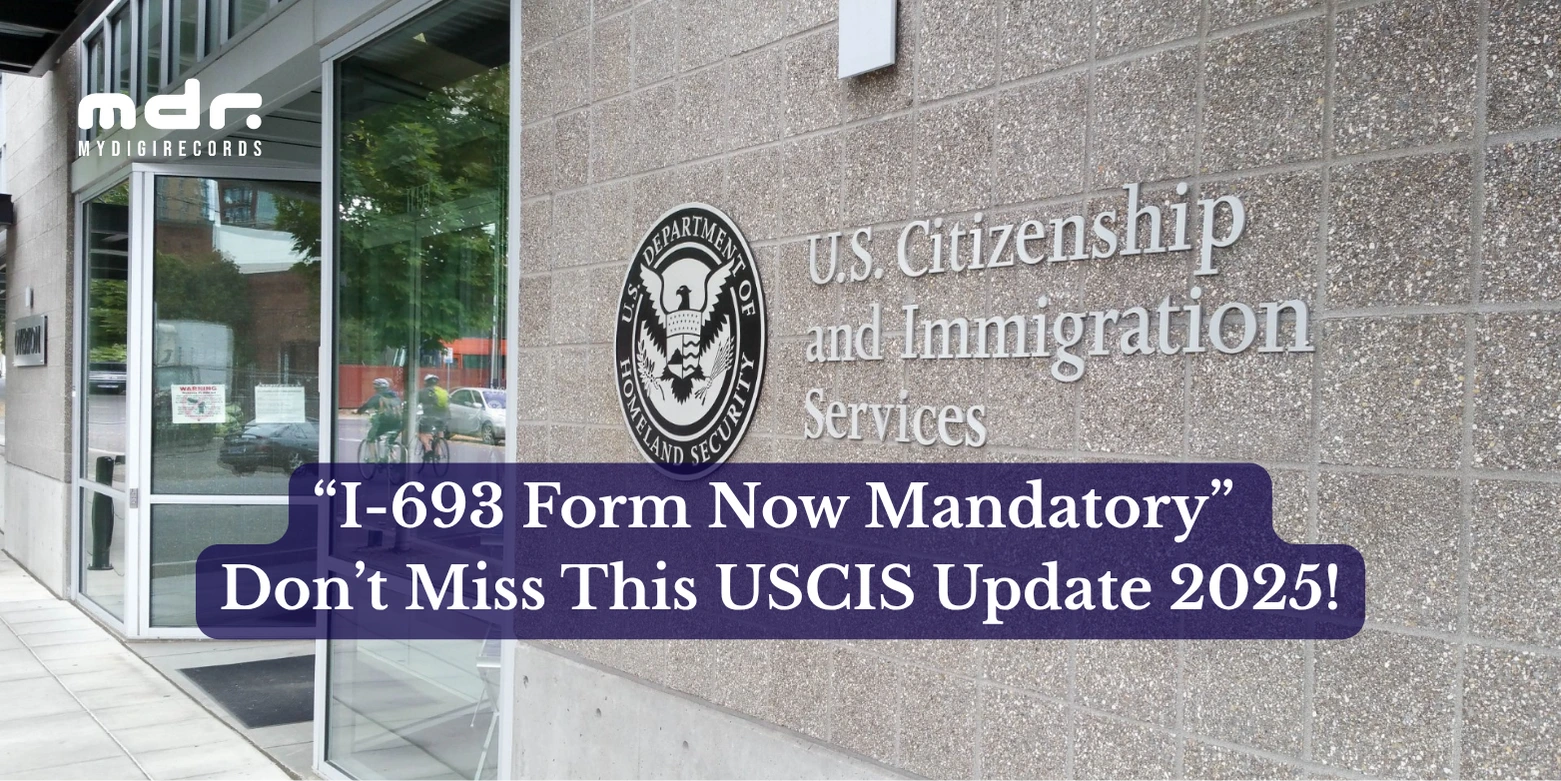
What Is Form I-485?
Form I-485, officially known as the Application to Register Permanent Residence or Adjust Status, is one of the final steps for individuals seeking a green card from within the United States. It allows a temporary visa holder or someone with lawful status to adjust their immigration status to that of a lawful permanent resident.
Previously, applicants could submit Form I-485 and choose to include the Form I-693 either concurrently or later in response to a USCIS Request for Evidence (RFE). This is no longer allowed under the new rule.
What Is Form I-693?
Form I-693, known as the Report of Immigration Medical Examination and Vaccination Record, is required to prove that an applicant is not inadmissible to the U.S. on public health grounds. It includes:
- A physical examination
- Vaccination assessment
- Tuberculosis testing
- Blood tests for communicable diseases
- Review of past medical history
This form must be completed by a USCIS-designated civil surgeon and submitted in a sealed envelope – now mandatory with every I-485 submission.
What Has Changed as of June 11, 2025?
As of June 11, 2025, the USCIS mandates that:
- All I-485 applications (new or pending) must include Form I-693 at the time of submission.
- Any I-485 application without an accompanying I-693 will be automatically denied.
- The validity of Form I-693 is now directly linked to the status of the I-485 application. If the application is denied or withdrawn, the I-693 becomes invalid.
This change is retroactive and also applies to applications that were filed prior to June 11, 2025 but are still under review.
Historical Context: What Was the Previous Rule?
Before this change, Form I-693 had indefinite validity if properly completed, and applicants could wait until USCIS issued a Request for Evidence (RFE) to submit their medical exam. This gave applicants flexibility to:
- Complete their medical exam later to avoid timing issues
- Avoid unnecessary costs if their application was delayed
- Wait until priority dates became current before investing in a medical exam
However, with growing backlogs and the importance of timely adjudication, USCIS has decided to eliminate this delay, aiming for a more streamlined and standardized process.
Why Did USCIS Make This Change?
The update, which quietly went into effect in April 2024, but is being enforced across the board from June 11, 2025, is aimed at improving:
- Efficiency in Processing
USCIS often encounters delays in adjudication due to missing medical exams. Requiring the Form I-693 at the time of I-485 submission allows the agency to review cases faster and issue green cards without unnecessary pauses.
- Public Health Compliance
Having up-to-date vaccination and health records is critical to protecting public health — especially after the COVID-19 pandemic highlighted the importance of timely medical compliance in immigration matters.
- Reducing Backlog
The backlog of adjustment of status applications has increased over the years. This policy is expected to reduce repeated RFEs and incomplete file submissions, speeding up the green card process for everyone.
What Happens If You Don’t Submit Form I-693?
If you file Form I-485 without a valid Form I-693:
- Your application will be denied outright — no RFE will be issued.
- Any previously completed Form I-693 that is not attached will be considered invalid.
- Reapplying will require a new medical exam and additional fees.
Medical Exam Requirements: Key Things to Remember
To meet USCIS standards:
- The exam must be performed by a USCIS-approved civil surgeon.
- The completed I-693 must be submitted in a sealed envelope.
- The form is valid for two years from the date of the physician’s signature (as long as it’s submitted correctly with a valid I-485).
- Include documentation of all required vaccinations, including COVID-19, MMR, tetanus, and others.
How MyDigiRecords Helps Immigrants Stay Compliant
At MyDigiRecords, we recognize how overwhelming and bureaucratic the green card process can be. Missing one document can mean months of delay or even outright rejection. That’s why we offer powerful features that simplify medical document management:
- Secure Digital Storage of Medical Records
Upload your vaccination records, lab reports, and other health documentation in a secure, HIPAA-compliant environment.
- Auto-Reminders for Document Expiry
Track when your Form I-693 or vaccinations are due to expire so you can update them before USCIS requires it.
- Encrypted Sharing
Securely share your digital health record with your immigration attorney, family member, or civil surgeon — no printing or mailing required.
Data Insight: Medical Form Omissions Are a Major Reason for I-485 Denials
According to a 2023 USCIS audit report, 18% of I-485 denials were due to missing or outdated medical forms. That’s nearly 1 in 5 applicants missing their chance due to a preventable error.
This is where tools like MyDigiRecords can offer a critical edge – ensuring that essential documents like the I-693 are never forgotten or mismanaged.
Who Does This Impact?
This rule impacts a wide range of applicants:
- Family-based green card applicants
- Employment-based immigrants
- DACA recipients adjusting status
- Diversity Visa lottery winners
- Refugees and asylees applying for adjustment
Regardless of your background, if you’re filing Form I-485, this rule applies to you.
What You Should Do Right Now
Here are 5 action steps every green card applicant should take:
- Schedule a medical exam ASAP with a certified civil surgeon if you haven’t already.
- Submit Form I-485 and I-693 together – do not wait for a request from USCIS.
- Upload a digital copy of vaccination records to MyDigiRecords for easy access.
- Set up alerts for document expiration and reminders for your attorney.
- Stay informed of any USCIS policy changes — immigration law evolves frequently.
Final Thoughts: Be Proactive, Not Reactive
This new rule emphasizes the importance of being organized, timely, and fully prepared when submitting your green card application. With stricter rules and fewer second chances, applicants need to embrace tools that help avoid documentation gaps.
At MyDigiRecords, we are committed to supporting immigrants and their families with digital tools that simplify healthcare document management — helping you move one step closer to your American dream.
Start Your Journey with Confidence
Create your free MyDigiRecords (MDR App) account today and ensure your vaccination documents are safe, accessible, and USCIS-ready.
More blogs for you to read
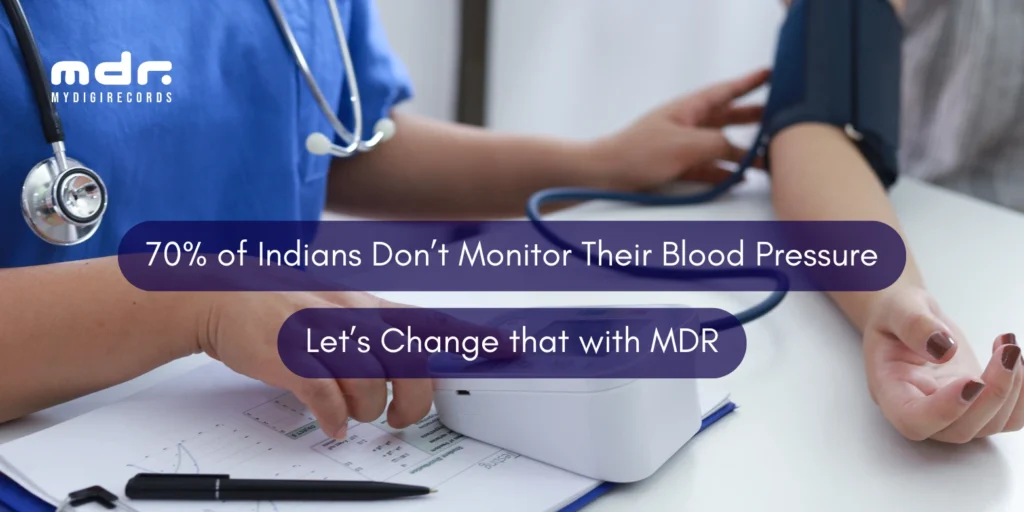
70% of Indians Don’t Monitor Their Blood Pressure – Let’s Change That with MDR
70% of Indians Don’t Monitor Their Blood Pressure – Let’s Change That with MDR Table of Contents: The Silent Killer
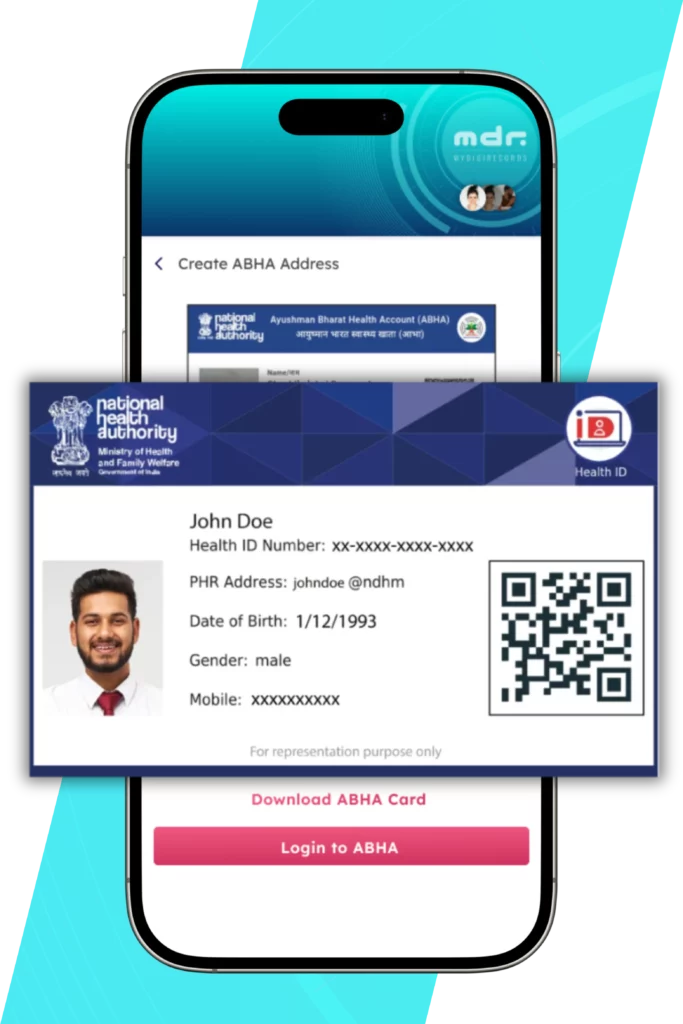
A Deep Dive into ABDM and ABHA ID with MyDigiRecords – Unlocking the Power of Digital Health
A Deep Dive into ABDM and ABHA ID with MyDigiRecords – Unlocking the Power of Digital Health Table of Contents:
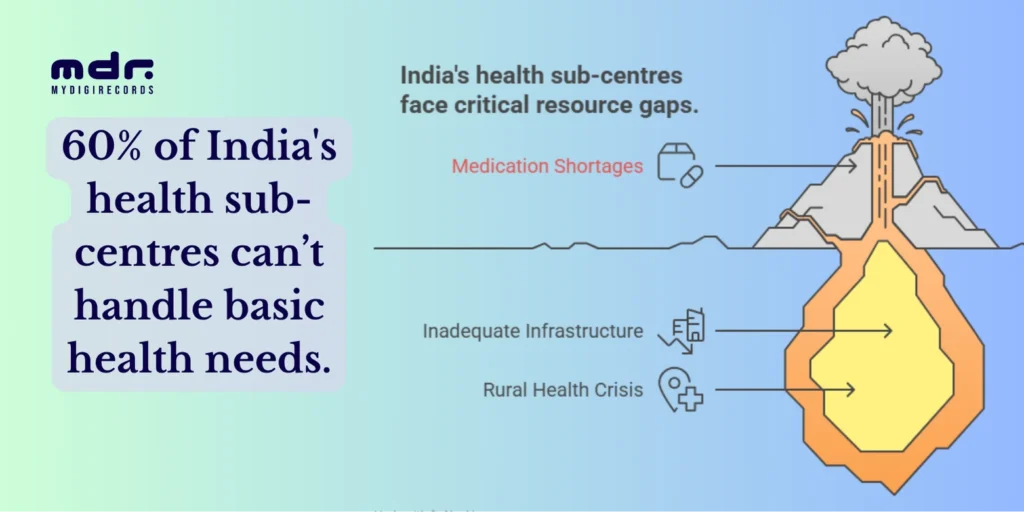
India’s Health Sub-Center Crisis: How Digital Health Records Can Bridge the Rural Care Gap
India’s Health Sub-Center Crisis: How Digital Health Records Can Bridge the Rural Care Gap Table of Contents: Introduction The Data
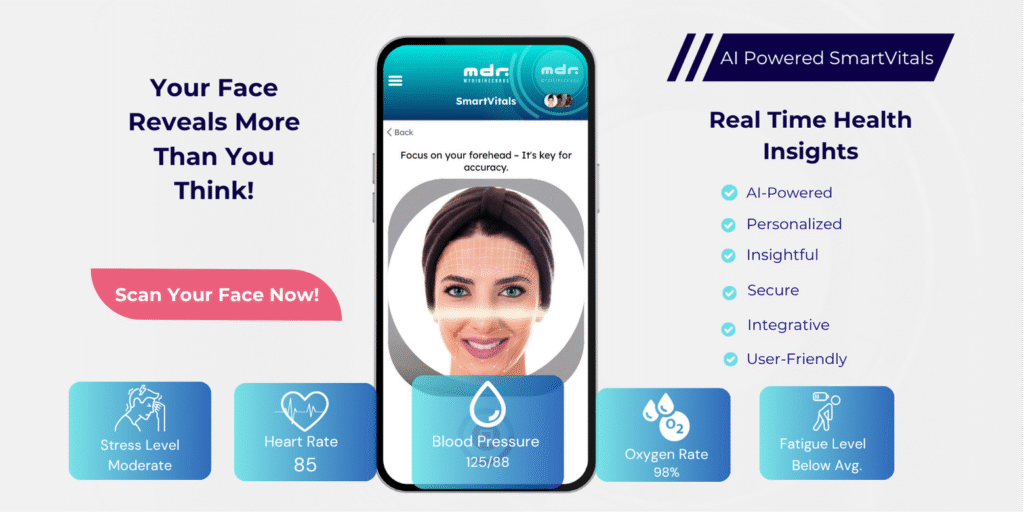
AI-Powered Face Scan: The Future of Blood Pressure Monitoring Is Here
AI-Powered Face Scan: The Future of Blood Pressure Monitoring Is Here Table of Contents: Introduction The Rise of Contactless Health

How Smart Clinics Are Using AI to Speed Up Diagnosis and Treatment
How Smart Clinics Are Using AI to Speed Up Diagnosis and Treatment Table of Contents: Introduction What Are Smart Clinics?
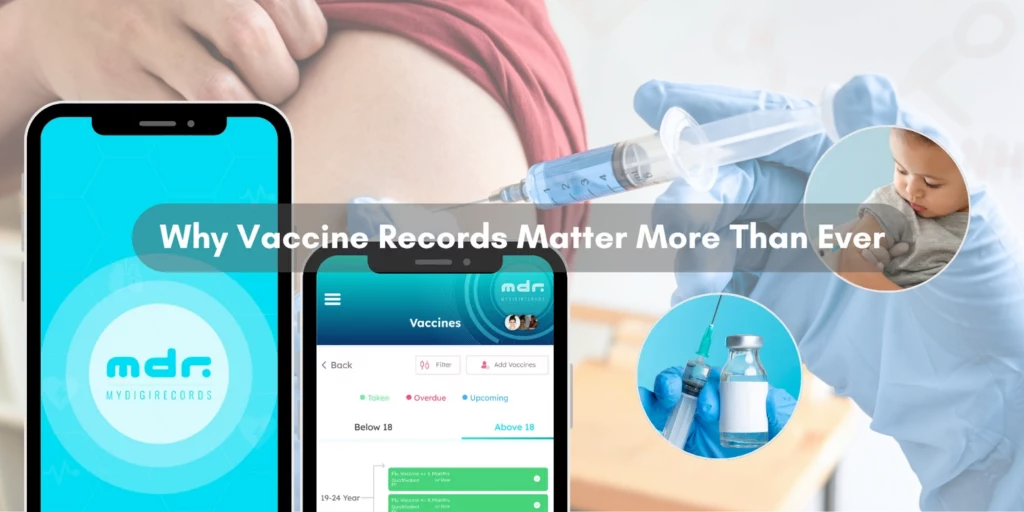
Vaccination Vault: Why Keeping Digital Records Is Now a Must in 2025
Vaccination Vault: Why Keeping Digital Records Is Now a Must in 2025 Table of Contents: Introduction Why Vaccine Records Matter
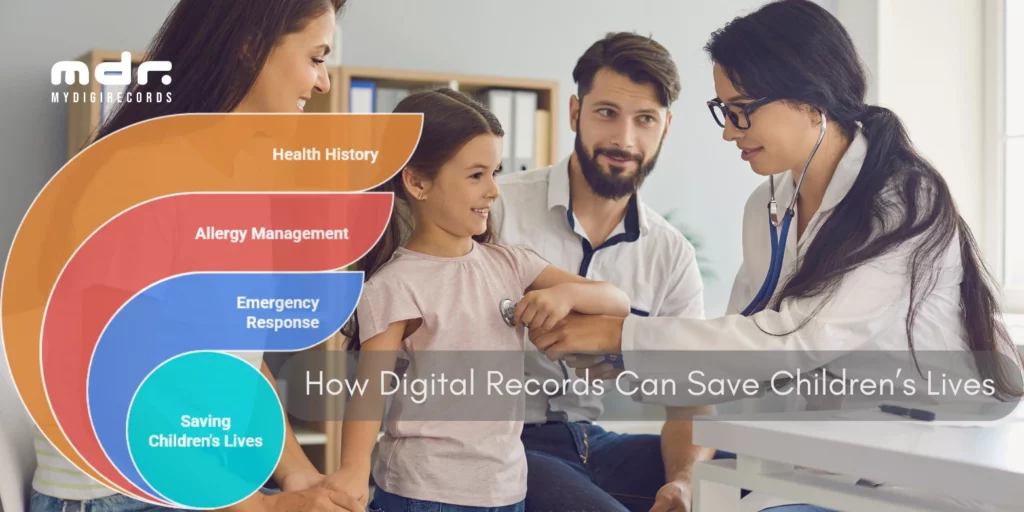
From Allergies to Emergencies: How Digital Records Can Save Children’s Lives
From Allergies to Emergencies: How Digital Records Can Save Children’s Lives Table of Contents: Why Every Second Matters The Hidden

Managing Medicines for the Whole Family? Here’s How to Do It with One App
Managing Medicines for the Whole Family? Here’s How to Do It with One App Table of Contents: Introduction Why Medication
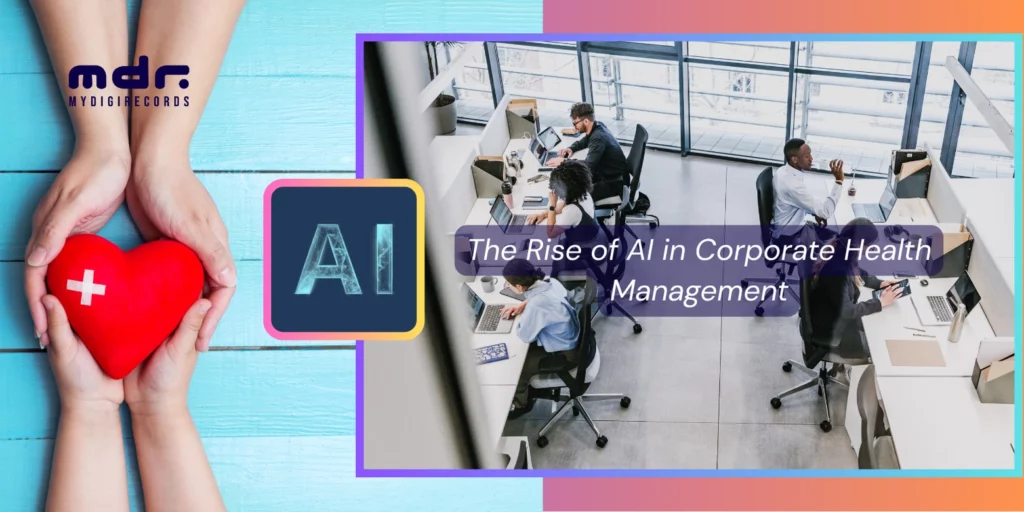
How Corporates Can Use AI-Powered Health Data to Boost Productivity
How Corporates Can Use AI-Powered Health Data to Boost Productivity Table of Contents: Introduction The Rise of AI in Corporate
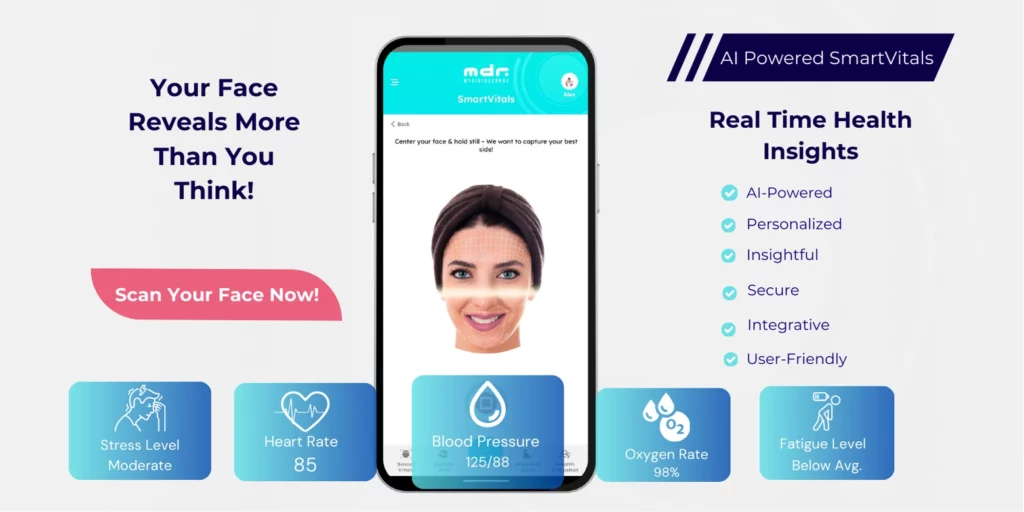
Top Health Tracking App in 2025: Introducing SmartVitals — Track Heart Rate, Blood Pressure, Sleep & More in One Place
Top Health Tracking App in 2025: Introducing SmartVitals – Track Heart Rate, Blood Pressure, Sleep & More in One Place

